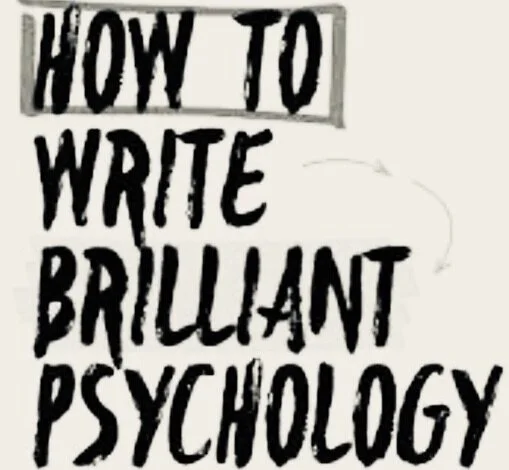.
HOW YOU LEARN
WARNING MASSIVE CLICHE ALERT!
Knowledge is power and “they” can take away your money but until you get a degenerative brain disease “they” can’t take away your education. In other words, learning shouldn’t be about grades, it should be about getting more intelligent. With the rise of news sources being obtained through social media and (probably also information overload), the reasoning of many people has become increasingly narrow and illogical. For example, many of these new ‘cancel culture warriors’ continually confuse metaphysical arguments with scientific evidence, which is why there is so much tosh surrounding gender identification and anger about how it impacts the freedom of speech. The topic of prejudice is also in a paradoxical territory with this irrational way of thinking as on the one hand, people get cancelled for making stereotypical statements about race, gender and sexual orientation - all the “isms” basically. But the foundation of political identity groups such as “ Stonewall” rests on the premise that people should stereotype their members and treat them accordingly. The truth is all humans use stereotypes they are the foundations of knowledge.
SEMANTIC LEARNING VERSUS ROTE AND SURFACE LEARNING
When students have their first lessons with me they are often frustrated and bewildered by my teaching techniques. Why aren’t we following the textbook? Where is the PowerPoint? Where can we copy what you say? The truth is nobody really learns like this in real life. According to research in cognitive psychology, rote and surface learning is definitely not the right way to understand stuff deeply.
Studies have shown that rote memory is effective for primary level education, only eg., to learn the building blocks of knowledge, e.g., counting, addition, subtraction, multiplication tables, basic vocabulary and spelling.
Surface learning is the more factual information or surface knowledge that is often a prerequisite for deep learning. In short, it is a concentration on lower-order cognitive skills, such as recall of facts; rather than higher-order skills, such as analysis, synthesis and evaluation (associated with deep learning).
But teachers sometimes have little choice but to whiz through complex topics because the examinations boards have made the specifications so content-heavy - by the way, you can blame old school idiots like Michael Gove, the former education minister, for these decisions.
Deep-seated or semantic learning is learning based on a solid comprehension of a topic. It builds knowledge that is well connected with prior knowledge. Semantic learning is important because it leads to coherent and stable memories, i.e., remembering a theory correctly months later or being able to describe a paradigm without notes. “Deep learning involves things like extending ideas, detecting patterns, applying knowledge and skills in new contexts or in creative ways, and being critical of arguments and evidence.” (Merrilyn Goos).
Semantic memories are distinguished by their high applicability to other concepts. For example, If knowledge is fragile, eg., rout learned or learned in surface then it can’t be applied to other situations or behaviours; it’s too sketchy.

“It all begins with an idea. Maybe you want to launch a business. Maybe you want to turn a hobby into something more. Or maybe you have a creative project to share with the world. Whatever it is, the way you tell your story online can make all the difference.”
— Squarespace


